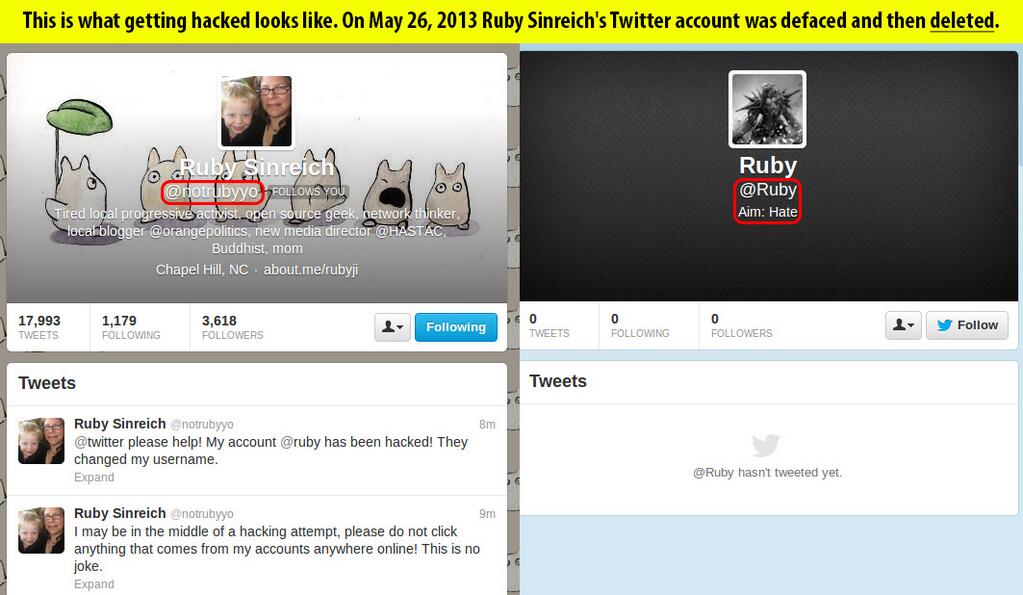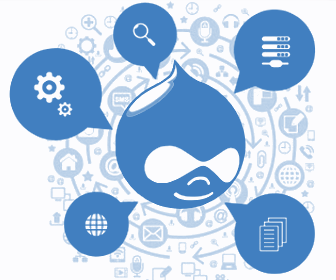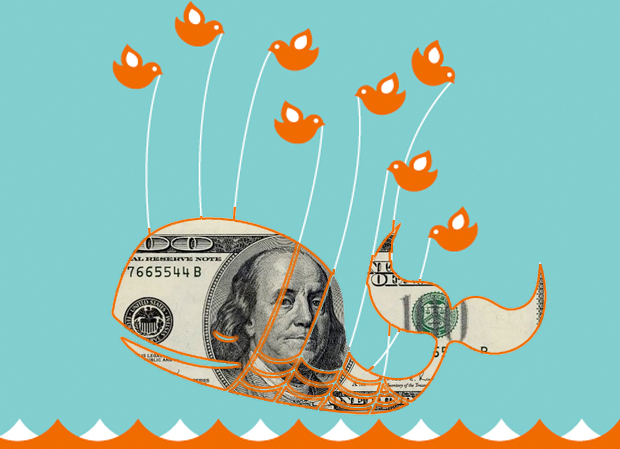My professional life revolves around a wonderful, crazy, powerful piece of software called Drupal. Drupal is open source and is created and supported by a massive community of great people who contribute code, ideas, and leadership to make Drupal an incredible tool to solve a large and growing range of problems.
After participating in last year’s DrupalCon, I got involved in the newly-forming working group to address diversity and inclusion in the Drupal community. It’s been a great opportunity for me to both learn about how things work in the community and contribute my past experience working on both social justice issues and online communities.
Last month, a wedge was driven into our community when long-time contributor Larry Garfield was asked to step down from his leadership position, and it is shining a harsh spotlight into existing problems that need fixing. Our official structure and leadership is not adequate for the size and scope of the Drupal community, and hasn’t been for a while.
Also, there is a fraternity/culture within the developer community at large (not just Drupal) of White, straight, cisgender, American and European males. As we have seen of late, many groups are so accustomed to their privilege that any attempt at sharing fairly with others feels like oppression to them. Many people are simply unaware of this dynamic.
But some members of this club have been waiting for an opportunity to fight back, and they have taken advantage of the poor communication about what happened to make their own points about how “social justice warriors” are secretly out to steal all their cookies. There is a lot of misinformation out there and reporters have been loving the salacious kink-shaming angle without understanding any of the actual issues at play.
One interesting aspect of the recent events is that there is no single venue where people in the community can come to discuss the community itself and how it is governed. Because of that vacuum (and some other factors) our diversity and inclusion Slack channel became one of the primary places for people to share their concerns and learn more about what was going on. We have also been a target for dudes to troll, mansplain, and pick fights with those of us who think that it’s important to make sure Drupal is a safe and welcoming place for marginalized people to participate, even if that means potentially excluding those who don’t share that goal of inclusion.
There are as many opinions about the controversy as there are Drupallers. Amazingly, a lot of well-intended people have lined up behind those vehemently opposing Garfield’s exclusion, even though a lot of the heat around that is actually coming from outside the Drupal community. Much of this is due to the fact that most people are quite unaware of the privilege in which they are soaking and are not interested in understanding how it impacts the world they live in. Still I am amazed at how many are willing to be used as tools of Gamer Gate types with an axe to grind.
Personally I also came away frustrated with the leaders of the Drupal project (the software) and the Drupal Association (the community*), but for completely different reasons. They are clearly doing their best to handle this challenging situation, but their best has not been not up to the task. A large part of why this was so controversial is because they were wholly unprepared for how the community would react, and responded from a defensive position without helping people understand the situation or the decision-making process. We need much more from our leadership, and there is currently not even a structure in place by which we could make those changes.
Fortunately, I think those same leaders do generally agree at least that there is a need for change, even if they lack the vision for what it should be or how to make it happen. Our community’s evolving needs will be on the agenda at DrupalCon next week. It’s time for Drupal to grow past the start-up phase which is necessarily driven by one leader with a strong vision, and into a fully-fledged organization with our own community infrastructure. I hope that we will be able to have some productive conversations about this without getting sidetracked by arguing about misinformation and political agendas.
A lot of people have written a lot of things about this in the past month. I can’t even begin to catalog all of them, but here are a few key points:
- A thoughtful overview of the whole situation by Tim Erickson.
- What it really means to have a massive, functional community like ours and the need to set limits on objectionable ideas to ensure that people are not excluded by Greg Dunlap.
- Why people who are treated poorly can’t always speak up about about it (from 2013!) by Ashe Dryden.
- What Drupal’s Community Working Group is and is not by Angie Byron.
- Also not about Drupal but so on-target I can’t leave it out is this recent Medium piece on Intolerant Liberals.
UPDATE: Christie Koehler wrote the best summary of this issue that I have seen from outside the Drupal community.
If you are not bored to tears by all this and want to stay up to date, I recommend following @DrupalDiversity.
* The DA is not actually The Community. It runs our annual conferences and hosts drupal.org, which is where the core software (and contributed themes and modules) lives and is worked on. It’s governed by a board which is mostly self-appointed but has 2 community-elected members.
Because of the lack of any other formal leadership structure for the community, a lot of expectations fall to the Drupal Association, but it doesn’t have the capacity (ie: funding) to do much of that type of leadership.
Photo Credit: DrupalCon 2016 group photo by the Drupal Association. I was there for the photo but am not visible in the picture because I am small and not in front.
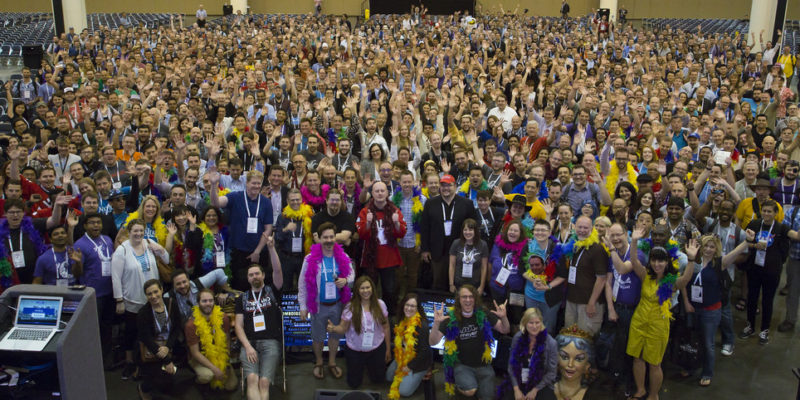
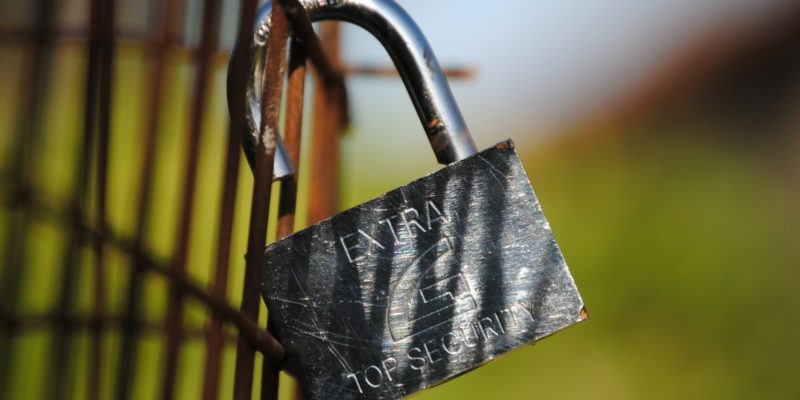
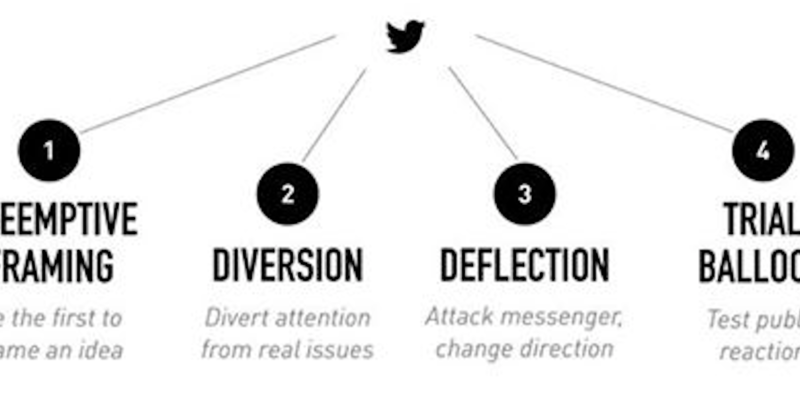
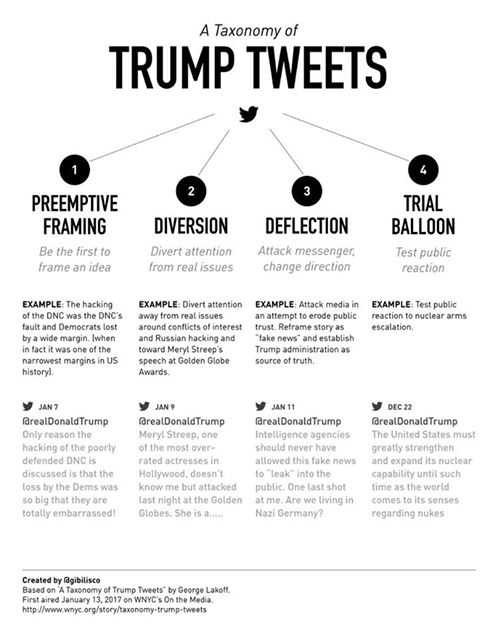

 So
So 